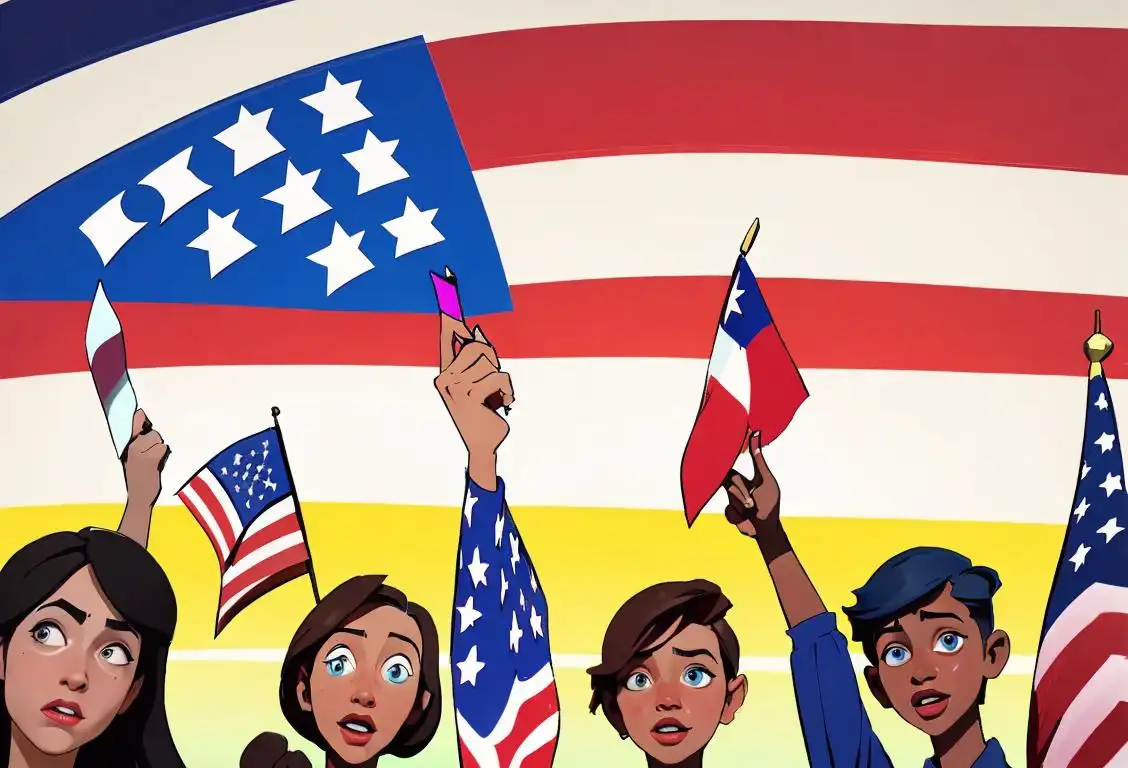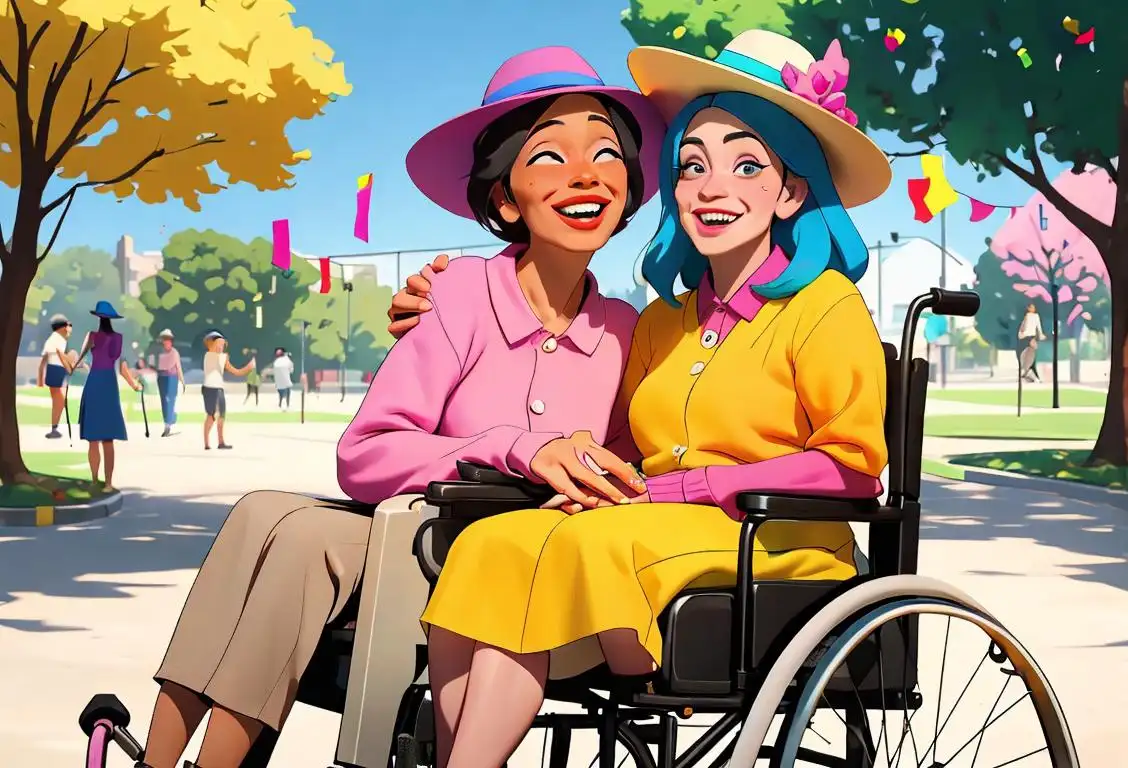National Voter Registration Day

Imagine a day when everyone becomes more vocal about voting. No, we're not talking about election day itself, but National Voter Registration Day! Oh yes, we know how to make even paperwork sound exciting, and on September 22, hundreds of thousands of people become a part of a process that shapes their future, by registering to vote.
When is Voter Registration Day?
It's national voter registration day on the 22nd September.
A Day In The Life Of Democracy
Spiked up to an impressive 297,707 digital mentions, National Voter Registration Day affirms the power of democracy. It is held annually on the fourth Tuesday of September, but in 2020, it truly took the online world by storm. Well, what's a bit of democracy without a viral sensation, right?
Let’s talk about the buzz
The 2020 records of causally sliding into your social media feeds and making mark on September 22 as the highest mentioned day, reflect how more people are motivated to have a say in their future. After all, democracy is not a spectator sport!
Why does it matter?
A registered voter is an empowered citizen. They're not merely onlookers of the democratic process but active participants influencing local, state, and national decisions. So, National Voter Registration Day serves as an essential reminder for people to step up, shoulder their responsibilities, and wield the power of their vote for the betterment of their communities and the country.
The origins
National Voter Registration Day was first observed in 2012 with a straightforward mission: to create broad awareness of voter registration opportunities. It has since made 'democratic waves', encouraging people to, quite literally, have their say.
History behind the term 'Voter Registration'
1812
Emergence of voter qualifications
In 1812, the concept of voter qualifications emerged in the United States. At this time, voting rights were generally restricted to white male property owners. The qualifications varied by state, but typically included requirements such as owning a certain amount of property or paying a specific amount of taxes. This limited voter base meant that only a small portion of the population had the right to vote.
1867
Reconstruction and the 15th Amendment
After the American Civil War, during the period known as Reconstruction, there was an effort to expand voting rights to African American men. In 1867, the Reconstruction Acts were passed, which required Southern states to draft new constitutions that included universal male suffrage. Additionally, the 15th Amendment to the United States Constitution, ratified in 1870, prohibited the denial of voting rights based on race, color, or previous condition of servitude.
1920
Women's suffrage movement and the 19th Amendment
The women's suffrage movement gained significant momentum in the late 19th and early 20th centuries. After decades of activism, the 19th Amendment was ratified in 1920, granting women the right to vote. This milestone expanded the voter base, allowing millions of women across the United States to participate in the democratic process.
1965
Voting Rights Act of 1965
The Voting Rights Act of 1965 is a landmark piece of legislation that aimed to overcome state and local barriers preventing African Americans from exercising their right to vote. It prohibited discriminatory voting practices, such as literacy tests and poll taxes, which had been used to disenfranchise Black voters. The act has been instrumental in ensuring equal access to voter registration and eliminating racial discrimination in voting.
1993
National Voter Registration Act
In 1993, the National Voter Registration Act (NVRA), also known as the Motor Voter Act, was signed into law. This act aimed to simplify the voter registration process and make it more accessible to all citizens. It required states to offer voter registration opportunities when a person applied for or renewed their driver's license, as well as at certain public assistance agencies. The NVRA played a significant role in increasing voter registration rates across the United States.
Did you know?
Did you know? September 22, 2020, wasn't just a typical Tuesday. It was the highest mentioned day for the National Voter Registration Day on the internet, making it a 'trending Tuesday'!Tagged
awareness fun loved ones rememberance sports responsibility democracy participation National Voter Registration DayFirst identified
22nd April 2015Most mentioned on
22nd September 2020Total mentions
297707Other days
Voter Registration Day
Action Day
Happiness Day
Trivia Day
Memorial Day
Bobblehead Day
Opposite Day
Cancer Survivors Day
Disability Day
Reach As High As You Can Day








